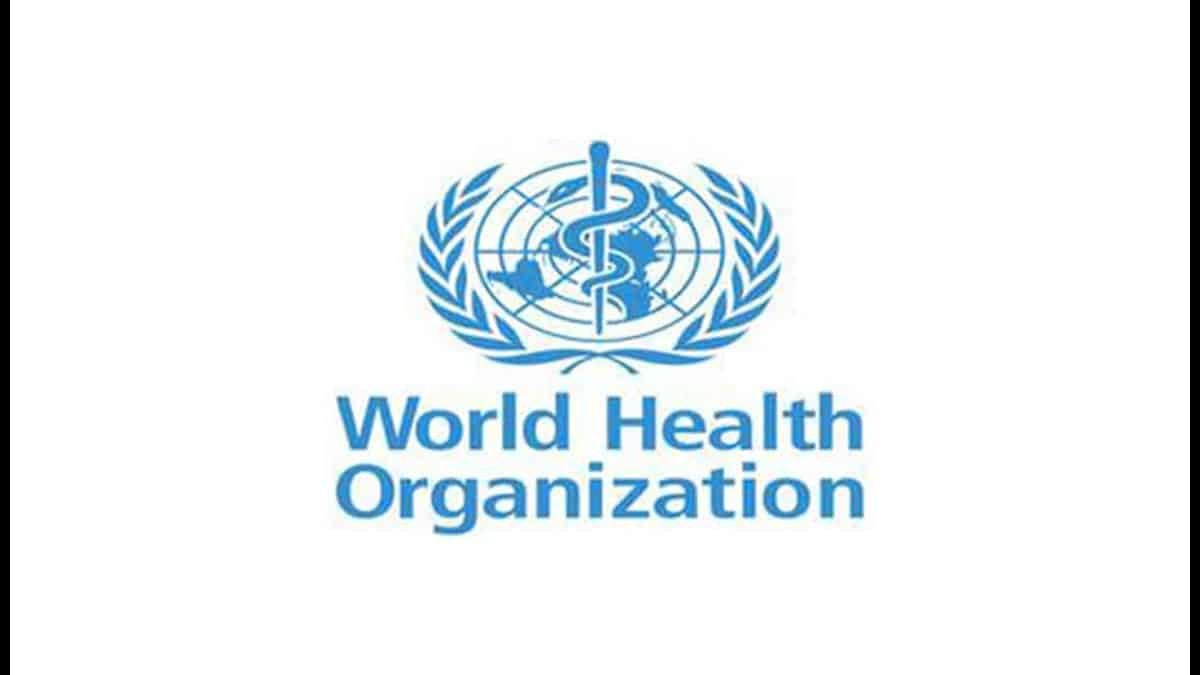The World Health Organization (WHO) has called for increased efforts to eradicate tuberculosis (TB) in the South East Asian region, which has the world’s highest TB burden. According to the WHO Press Release, Dr. Poonam Khetrapal Singh, WHO Regional Director for South-East Asia, highlighted the urgent need for countries and partners to strengthen high-level leadership and investments, accelerate uptake of new WHO recommendations and innovations, better address social and economic determinants, and improve multisectoral collaboration.
Globally, the COVID-19 pandemic has not only halted, but also reversed, years of progress towards the end-of-TB milestones. The estimated global burden of new and relapse TB cases in 2021 was 10.6 million, up half a million from 2020.
WHO stated in an official release that TB and TB-HIV coinfection mortality stood at 1.6 million, an increase of around 200 000 from pre-COVID-19 levels. The WHO South-East Asia Region has the highest TB burden in the world. In 2021, the Region was responsible for more than 45 percent of global tuberculosis incidence and more than half of global tuberculosis deaths.
Throughout the COVID-19 response, the Region prioritised maintaining essential health services, including TB, but in 2020, 2.6 million new and relapse TB cases were reported, a 24% decrease from 2019. The Region achieved a partial recovery in 2021, reporting 3 million new and relapsed cases, 12% fewer than in 2019.
According to the official release, the COVID-19 crisis has exacerbated key social and economic determinants of tuberculosis (TB), such as poverty and malnutrition, pushing tens of millions more people into extreme poverty in the Region. Even before the pandemic, an estimated 30-80% of TB patients in the Region faced catastrophic costs as a result of the disease, and around 1 million new TB cases per year – more than one in five – were attributable to malnutrition. It is estimated that the overall impact of the crisis could result in over 7 million additional TB cases and 1.5 million additional TB deaths across the Region between 2022 and 2026.
Despite enormous and ongoing challenges, the Region is stepping up efforts to meet the End TB milestones, in accordance with its Flagship Priority and Regional Strategic Plan for Ending TB 2021-25, as well as the global End TB Strategy, the UN Political Declaration on the Fight Against TB, and Sustainable Development Goal 3.3.
Preliminary data shared with WHO shows a strong recovery in TB case notifications in the majority of the Region’s countries. In several high-burden countries, the total number of patients started on treatment in 2022 is expected to be higher than in 2019, and in some cases, the highest ever.
Budget allocations for TB programmes in the Region totaled nearly USD 1.4 billion in 2022, with nearly 60% coming from domestic sources. Momentum must be maintained in the run-up to the second UN High Level Meeting on Tuberculosis (TB), which is scheduled for September 2023 and will bring together Heads of State from around the world to mobilise increased political and social commitment to ending TB and ensuring comprehensive and universal care for all.
The Region has several priorities in this regard. First, high-level leadership, engagement, and advocacy must be strengthened in order to increase investments to end tuberculosis. According to WHO, the Region requires at least USD 3 billion per year to avert nearly 4.5 million new TB cases and more than 1.5 million TB deaths by 2025.
Countries and partners must urgently – and sustainably – increase funding availability and strengthen investments, recognising that every dollar invested yields 40 dollars back. Over 5000 molecular test platforms have been installed across the Region to quickly diagnose tuberculosis and medication resistance.
Such platforms must be expanded to ensure rapid diagnosis and treatment, as well as to halt disease spread. A new, WHO-approved treatment plan that has improved cure rates in just 6-9 months should be quickly adopted and implemented globally, according to a WHO press release.
Furthermore, in the fight against tuberculosis, mechanisms should be established and/or strengthened to assist TB patients and their families in avoiding catastrophic costs, supplementing nutrition, and promoting treatment adherence. Stigma and discrimination must be addressed indefinitely, including through community engagement and empowerment programmes that promote high-quality information.
On World Tuberculosis Day, WHO reiterates its commitment to assisting all countries in the Region in getting back on track, turning the tide, and eliminating TB by 2030, leaving no one behind.
The health sector cannot eliminate tuberculosis on its own. Ending TB, on the other hand, necessitates concerted action from multiple sectors, which, as stated at the 2021 Regional High-level Meeting to End TB, should be coordinated by national high-level mechanisms. According to the press release, such mechanisms, which have been developed by seven countries, must define clear roles and responsibilities and be accompanied by an accountability framework that is aligned with WHO guidance.





